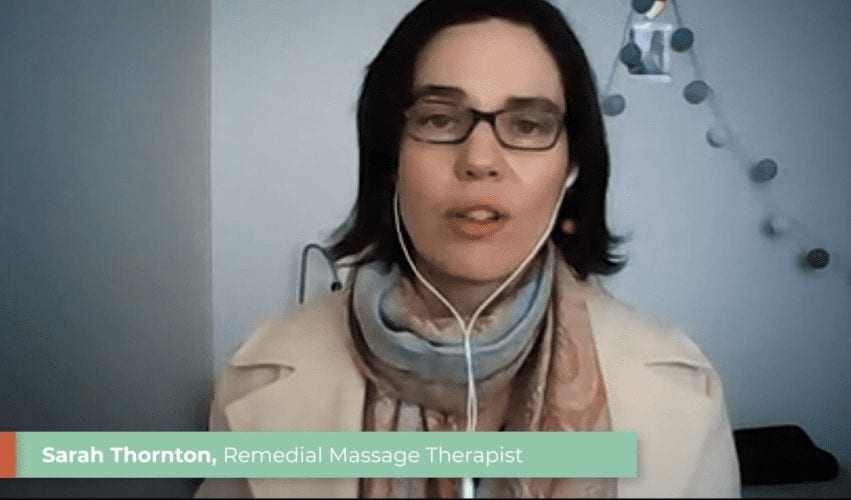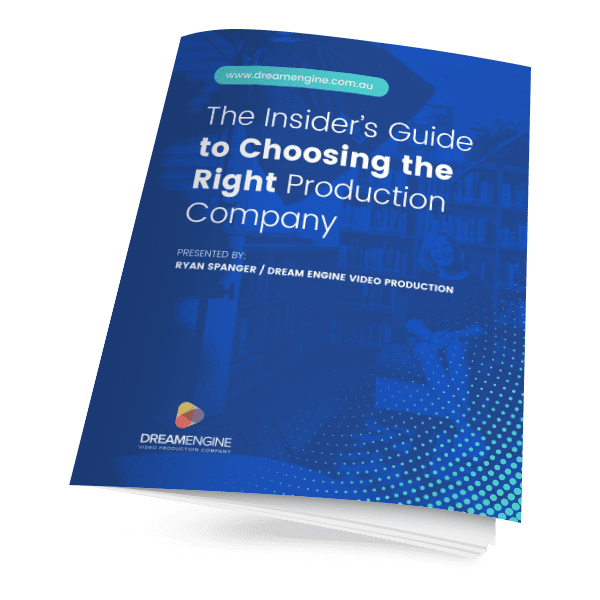What is Remote Video Production?
Remote video production is a new and increasingly popular way of producing videos without in-person contact. Remote video production is becoming more common. This is mainly because more people are working from home. And it’s not always possible for a camera crew to attend. Producing video remotely enables production to continue in a controlled manner. It’s quite common to now see this form of video on TV news and current affairs.
Dream Engine has produced many remote videos. So we have developed and refined an approach to capture the best possible results.
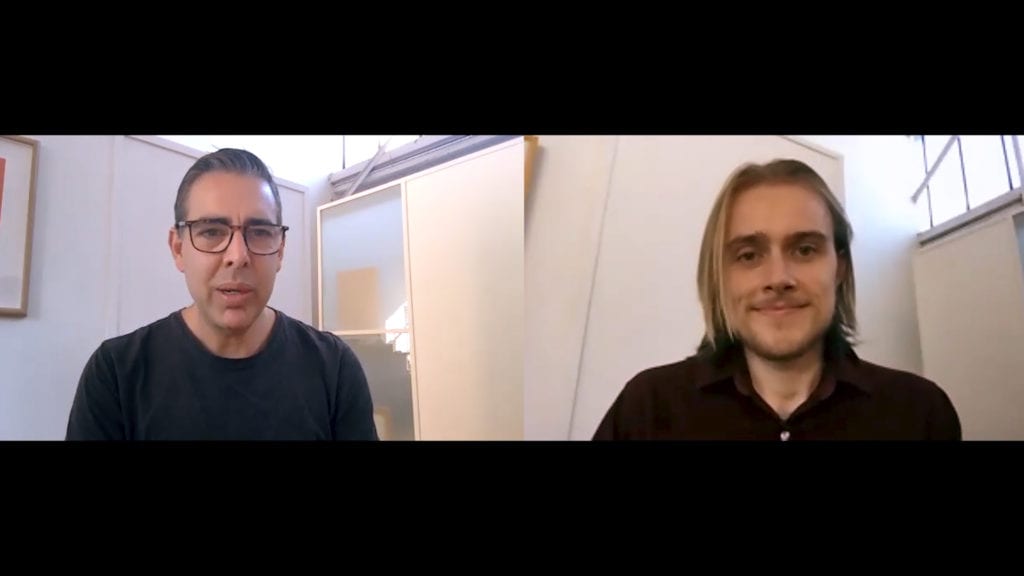
How does it work?
Remote video production involves filming by using a video meeting platform similar to Zoom. Interviews or pieces to camera are recorded using an online platform. A video editor then combines this footage with other content such as titles, pre-existing footage, music and animation into an edited video.
What is the process?
Many aspects of producing videos remotely are similar to the normal video production process: concept development, scriptwriting, editing, etc. The main difference is the way filming takes place: We schedule an initial video meeting to help you ensure that your computer is set up to optimise the quality of the video that we’ll be recording. Here are some of the things that we work through with you at that meeting:
Lighting: We work with you to ensure the lighting looks as good as possible. This may involve shifting the position of your computer to enhance natural light coming through the window, making more use of lighting in your house, or, in some cases, sending you a light. Good lighting will help to make the shot look more flattering, professional and impressive.
Audio: We work with you to optimise the audio quality we’ll capture. Sometimes a room with lots of hard surfaces can be quite echoey, so we confirm that you’re in the best place to capture good audio. We identify whether we will be using the built-in microphone in your computer. Or whether you have an external microphone that we’ll be using. We also run through how to use the microphone on your phone to get a high-quality audio recording.
Framing and background: ‘Framing’ refers to how we position the camera and what appears in the frame. We make sure that you are sitting in the optimal position. And that there’s not too much or too little empty space above your head. We make sure that the background looks neat and professional. And that there’s nothing there to distract the viewer.
Running through all of this preparation in an initial session means that we can just focus on the recording in the next session.
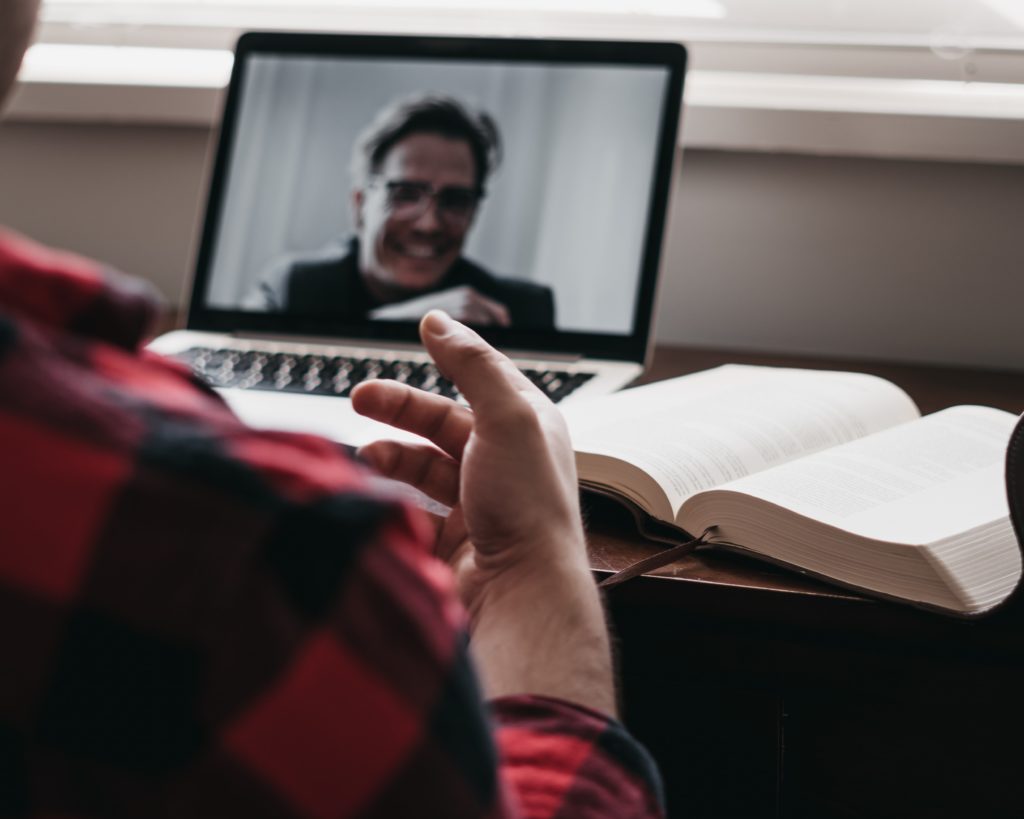
Recording Remote Video
The main application that we use to record remote videos is called Riverside. The advantage of using this app is that we can capture a much higher quality recording than a tool like Zoom or Teams. Rather than capturing a compressed version of your video, Riverside actually records a high quality version onto your computer, and then sends it to us via the Cloud at the end of the recording. You don’t actually need to install anything on your computer. We will send you a link that you can click to join the video meeting. But you do need Google Chrome installed on your computer, which most people already have. If, for some reason, your computer stops you from joining the meeting via Riverside, we’ll defer to another platform such as Zoom or Teams.
In the same way as we would if we were together in person, our director will help to guide you through the process, give feedback, and work to ensure that you come across well on video.
What Quality Level to Expect
Remote Video won’t have the same technical quality as using a camera crew. It’s commonly understood that there will be a substantial difference when not using professional-level video equipment and having a camera crew on-site. However, by following our process, we achieve quite satisfactory results.
Summary
Remote Video is all about working with the current limitations and making the most of the tools and platforms that we have available to us to keep communicating through video. In the future, even after restrictions are lifted, we may well find that remote video production continues, because it’s a very convenient and efficient way of communicating.
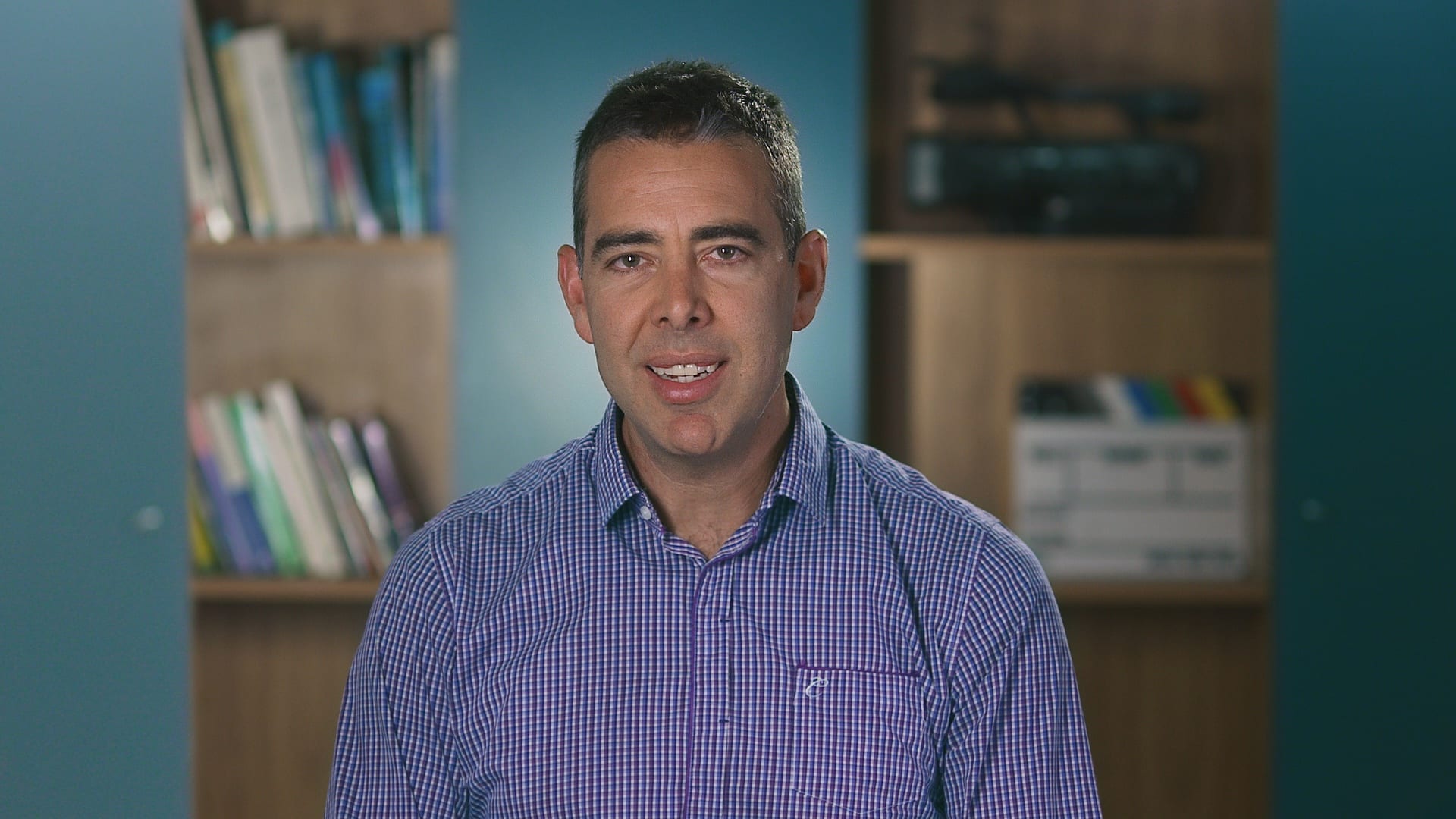
Ryan Spanger is the founder and managing director of Dream Engine, a Melbourne-based video production company established in 2002. With more than two decades of experience, Ryan has helped leading Australian businesses, government departments, and non-profits communicate their message with clarity and impact through video. He’s known for his strategic approach, reliable process, and commitment to producing videos that deliver measurable results.
